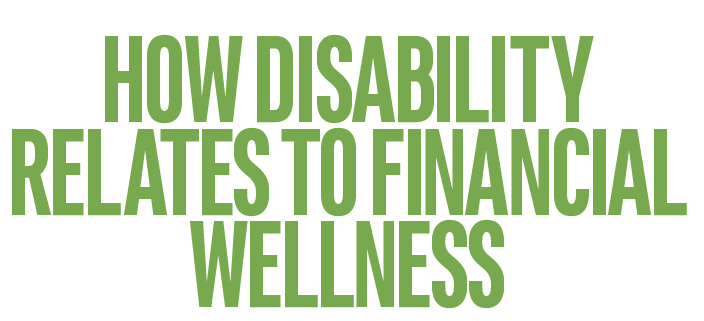 The Guardian Life Insurance Company of America has published its 6th Annual Workplace Benefits Study. Out of the study, the company culled a financial wellness series. Treg Balding, vice president, group and worksite markets distribution, took time to answer a few Cal Broker questions recently.
The Guardian Life Insurance Company of America has published its 6th Annual Workplace Benefits Study. Out of the study, the company culled a financial wellness series. Treg Balding, vice president, group and worksite markets distribution, took time to answer a few Cal Broker questions recently.
CB: What was the most salient or interesting finding from your recent financial wellness paper?
These sets of findings, which are from Guardian’s 6th Annual Workplace Benefits Study, Financial Wellness Series, Part 2, “Income Protection: The Role of Disability Insurance in Financial Wellness,” found only 54% of working Americans have disability insurance. This is down from 65% in 2017, leaving an increasing number of workers exposed to the financial risk if they were to lose their income due to an extended illness or injury. Overall, the percentage of employees who own disability insurance is considerably lower than other forms of insurance – medical (96%), auto (92%), dental (83%), and life (73%).
CB: You called the report “financial wellness” — can you expand on why you see disability as a financial wellness issue?
This paper is the second in a three-part financial wellness series developed by Guardian to highlight the financial needs and concerns of working Americans, and to provide solutions for employers to help address those concerns.
Disability insurance plays an important role in the financial wellness conversation because it protects a family’s income should someone be out of work unexpectedly for an extended period of time. We find that when it comes to protecting what’s most important to consumers, income and the ability to earn a living tends to be an overlooked asset and is unprotected for many American workers. In terms of priorities, protecting our income falls far below ensuring our health, home and even our car.
To put it in perspective, Guardian’s research reveals that roughly half of those who have experienced a disability withdrew money from savings, investments, and retirement accounts to help pay bills and make ends meet. And half of those employees who have experienced a disability did not feel prepared in terms of their family’s financial security prior to the disability.
The financial impact of an unexpected injury or illness to a family’s household can be detrimental, so it’s important to educate employees about the value of disability insurance.
CB: Why do you think fewer Americans have disability insurance?
Not only do many employees think an income-disrupting disability is unlikely to happen, but many also lack awareness about the benefits of disability insurance. Often, employees don’t know about the options that are available to them, how common being out of work due to an injury or illness is, and the financial repercussions of a disability, even with insurance. According to Guardian’s latest research, only one in 25 consumers exhibit a high level of disability insurance knowledge.
Guardian has found that the lack of education and awareness related to disability insurance has led to some myths such as:
- I don’t fit the profile: Americans tend to believe that disabilities are likely to happen to workers in more “dangerous” professions like construction or mining, or employees who are older and/or male. In reality, people of all ages, all demographics, and all professions have roughly the same potential to experience an income-disrupting injury – such as a serious fall – or an illness. According to the Social Security Administration, one in four of today’s 20 year olds will experience a disability that leaves them unable to work for an extended period of time before they retire.
- “Disability insurance” is for the disabled: For many, the name itself – disability insurance – likely generates confusion and a perception that it refers to long-term and life-changing disabilities. This misnomer contributes to lower consumer understanding of why employees should consider getting disability insurance. At Guardian, we think educating employees with real-life scenarios and demonstrating how disability insurance protects their paycheck in either the short or long-term is important.
CB: What’s the most important take-home message from this paper for brokers and/or agents?
Guardian’s research found Americans with disability insurance are most likely to acquire it via their employer (93%) vs. on their own (7%), highlighting the critical role that employers play in ensuring that the American workforce has disability insurance.
With employees favoring more employee benefits choices to increase their financial security, this poses an opportunity for brokers, agents and benefits consultants to create a narrative around the need for disability insurance. Disability insurance can round out an employers’ healthcare offerings and provide valuable income protection for individuals in case they become sick or injured and are unable to work. In today’s candidate-driven market, this can be a key differentiator for an employee when deciding on where to work. At Guardian, we also recommend having a conversation with employers about a holistic, integrated plan that includes not only disability, but absence management as well. This integration ensures that the company has a plan in place for how they manage an employee’s leave.
Finally, our research continues to validate that financial protection products, like disability insurance, can demonstrate to employees that their employer values them. The result will be increased retention and happy, engaged employees.
